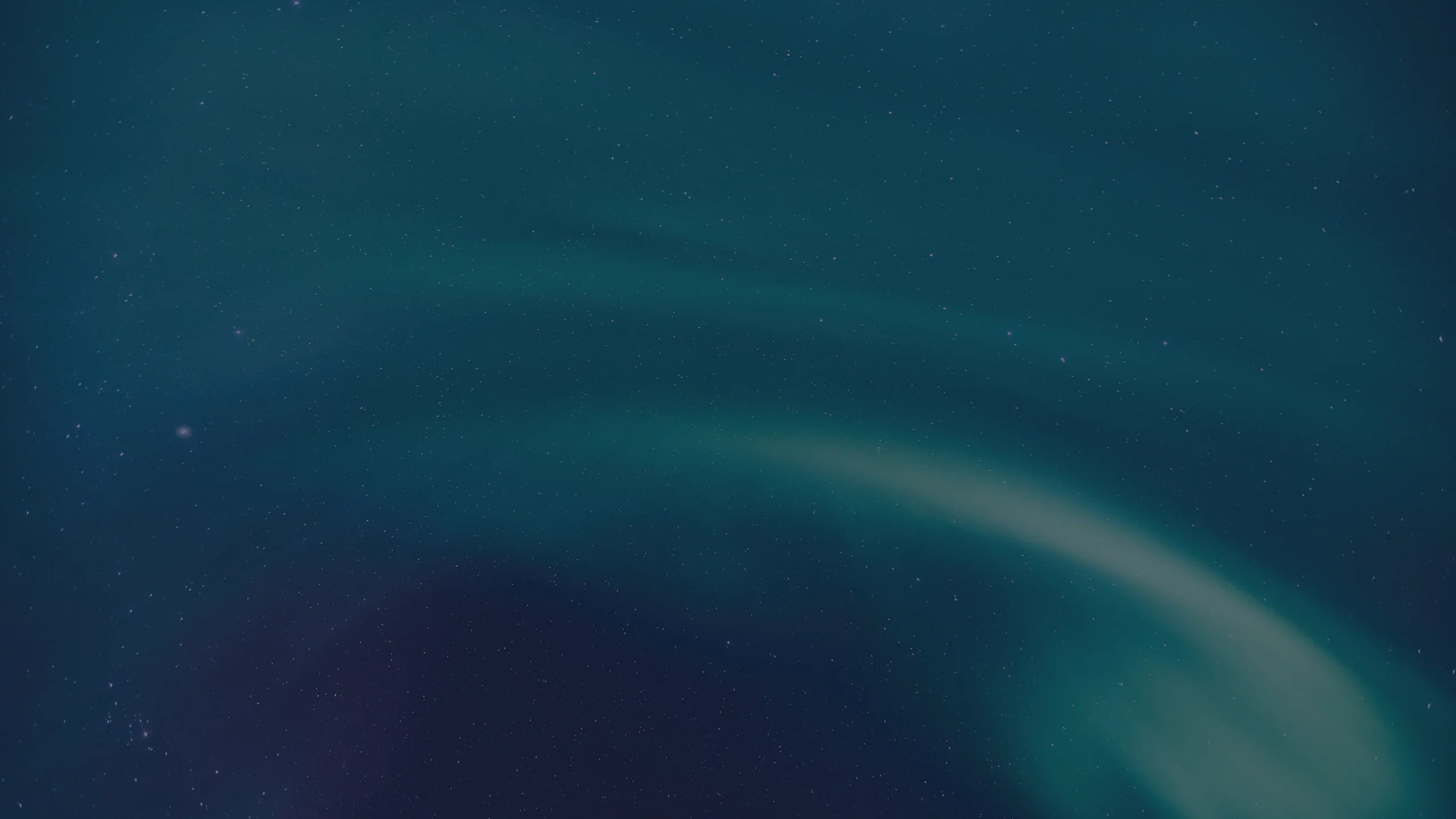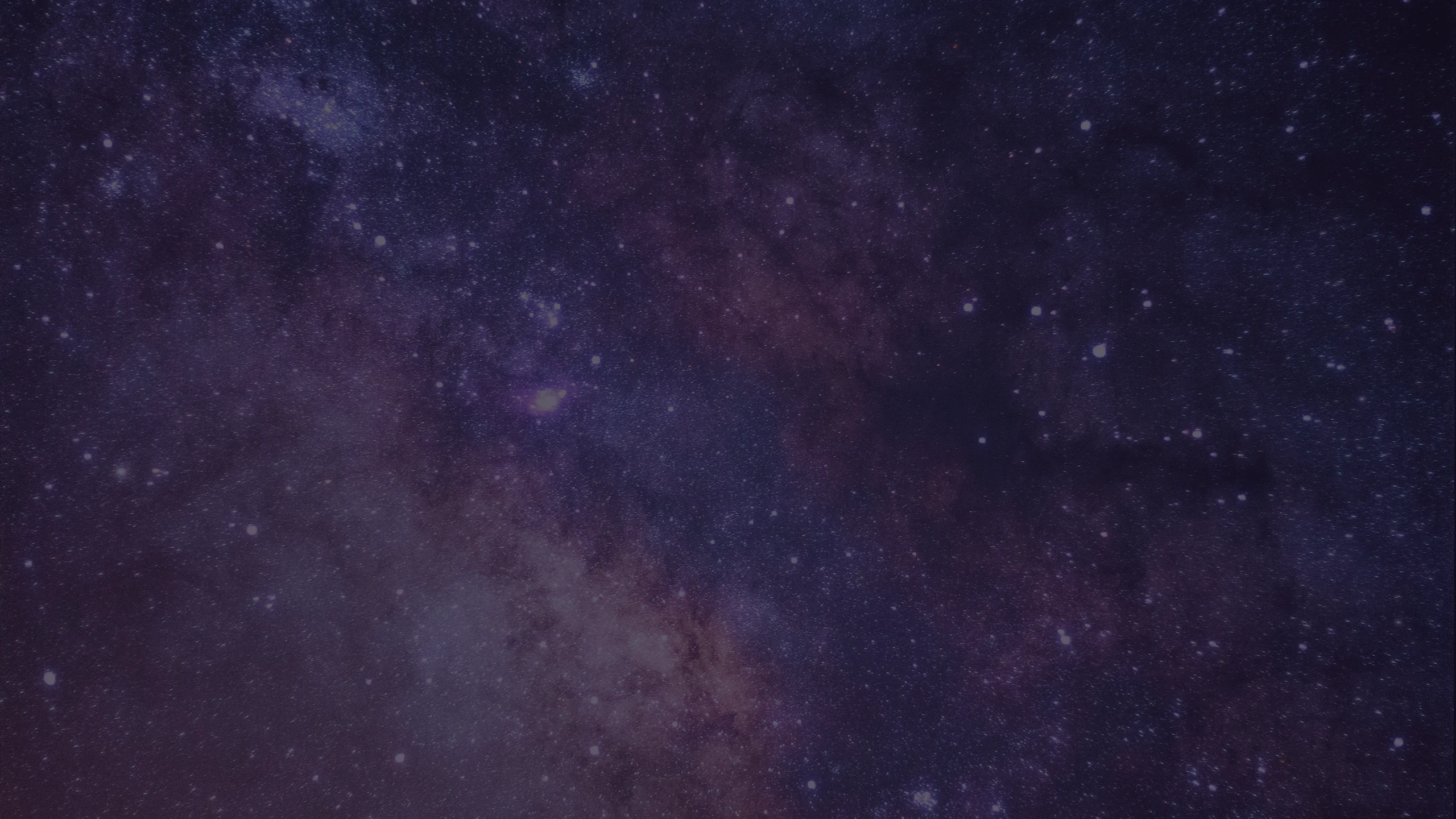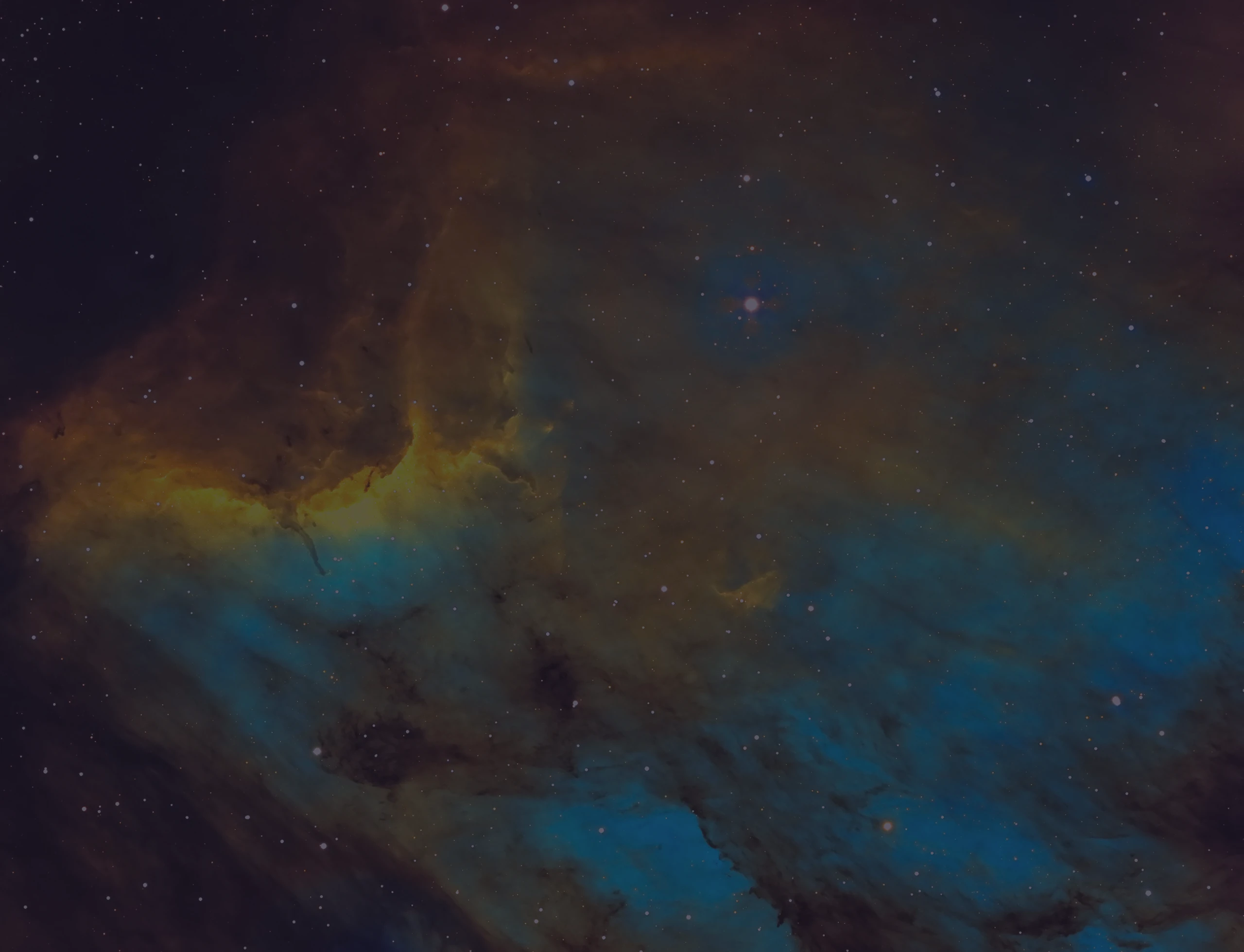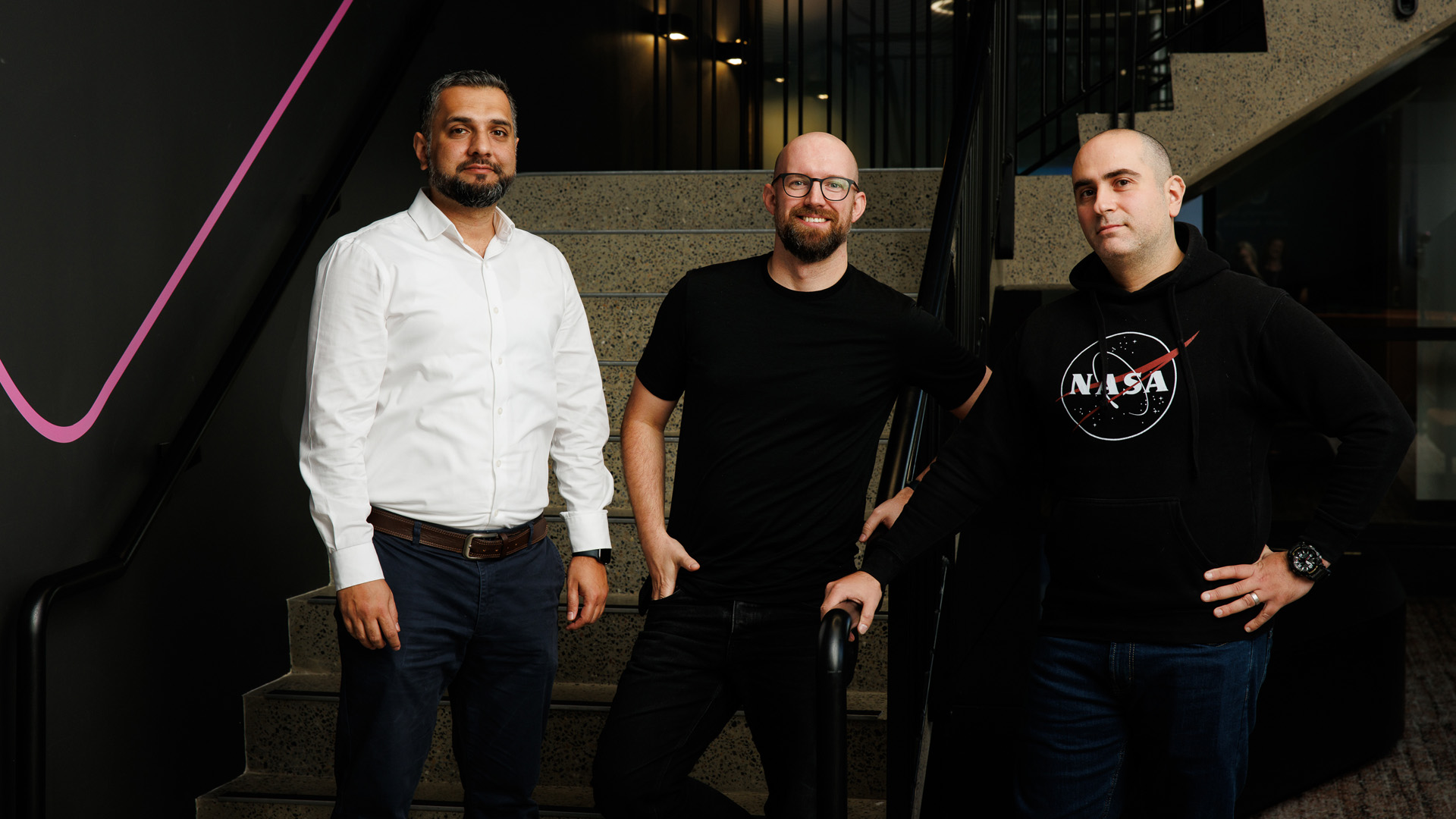The Innovation & Collaboration Centre (ICC) at UniSA welcomed its newest Venture Catalyst Space cohort last month, marking the beginning of an exciting six-month journey for the group of promising space start-ups.
Six space start-ups from across Australia and India will take part in this year’s program, including Adelaide-based companies ZyntaxAI Space, AFTdynamics and Altair Orbital.
The companies are working on everything from the application of AI to analyse geospatial data to developing a turbine-powered pump for use in rocket engine applications
The milestone comes as the ICC celebrates 10 years of supporting early-stage startups since its inception in 2015.
UniSA Deputy Director: Business Incubation, Craig Jones says this year’s cohort of startups brings new, high-tech innovations poised to transform industries.
“Each year, we’re seeing incredible ideas from passionate founders around the world, all driven to take their big ideas to the next level,” Mr Jones said.
“These innovations are all about creating better futures and real impact—right where it matters. It’s so rewarding to watch these founders turn early ideas into scalable businesses that can change lives and industries.”
Funded by the South Australian Government through SASIC, Venture Catalyst Space is a highly competitive commercial space accelerator program which supports early-stage technology-based space startups to create a globally scalable enterprise.
The program features tailored capability workshops, connections with leading industry experts and one-on-one mentoring sessions to help accelerate growth.
This year’s cohort joins over 40 businesses that have previously participated in the program, collectively raising $54.7 million in additional investments and grants, resulting in a total economic impact of$35.9 million for the local space sector.
Find out more about the Venture Catalyst Space program.
| Venture Catalyst Space 2025 participants | |
| ZyntaxAI Space Adelaide, Australia |
ZyntaxAI Space uses advanced artificial intelligence to help people understand and make decisions based on satellite images. Their platform allows users to chat with an AI agent to get answers to questions such as, how many houses have solar panels? or how many trees are in a park? They start with Google Maps for basic analysis and will expand to more complex satellite images. This makes it easy for anyone to access and use geospatial data without needing special skills. |
| AFTdynamics Adelaide, Australia |
AFTdynamics is a hardware technology development company. Currently developing a turbine powered pump for use in re-usable rocket engine applications. This project will address most of the shortcomings of traditional rocket engine pumps and enable launch vehicles to carry more payload to orbit. |
| BioSky Space Innovations New Delhi, India |
BioSky uses satellite data and AI to create smart tools for industries. They started by helping renewable energy providers in the Global South predict power output more accurately and plan to support mining, defence, and other sectors that need precise space-based data. Their goal is to become the go-to satellite intelligence company for the Global South. |
| Trizlabz Kerala, India |
A groundbreaking space mapping system that combines autonomous rovers and satellite insights to create detailed 3D maps, enabling safer landings, efficient mission planning, and resource discovery. Making planetary exploration smarter, faster, and more cost effective. |
| GroundZero Space Victoria, Australia |
GroundZero Space uses radar, optical sensors, and AI to track satellites and space debris. They help prevent collisions, improve space traffic management, and boost communication and their services support satellite operators, insurers, and defence agencies to keep space safer. |
| Altair Orbital Adelaide, Australia |
Altair Orbital aims to provide Australia with a dedicated space launch capability by building and launching space vehicles from South Australia into Low Earth Orbit. The evolution of the company will be a phased approach, eventually, the aim will be to build the entire launch vehicle in Australia and expand the mission set to include higher orbital regimes. |
—
Photo: Part of the 2025 Venture Catalyst Space cohort: Hamza Baig (ZyntaxAI Space), Dr Alexander Wright (AFTdynamics) and Rayan Gharazeddine (Altair Orbital) photo credit: UniSA’s ICC




